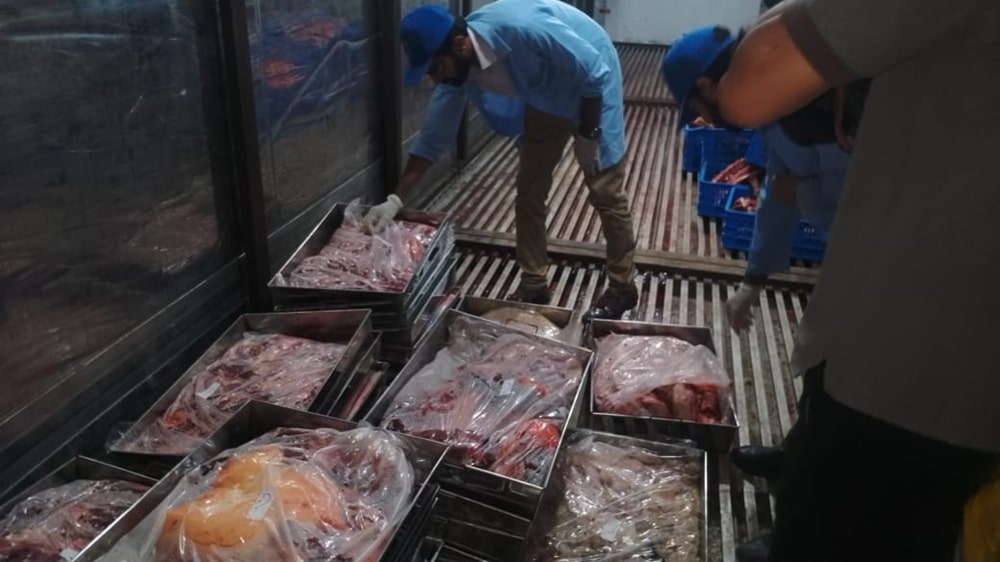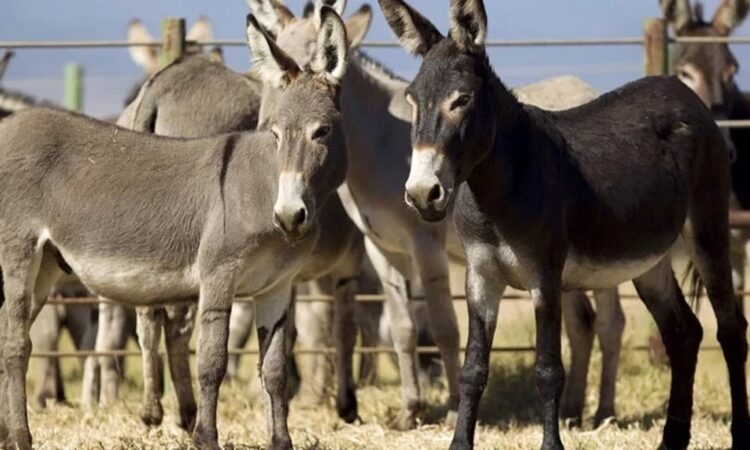ISLAMABAD: A fresh controversy has emerged as two Chinese companies have formally applied for licences to export donkey meat and byproducts from Pakistan to China. The move comes just a day after Islamabad authorities uncovered and raided an illegal slaughterhouse operating in Tarnol, where 1,000 kilograms of donkey meat and over 50 live animals were recovered.
According to officials at the Ministry of National Food Security and Research, the Chinese firms have submitted detailed proposals to establish regulated slaughterhouse operations and obtain export clearance. This marks the first documented attempt to legalise and formalise the trade of donkey meat and bones from Pakistan to China. Ministry sources confirm that the applications are currently under thorough regulatory review, and export permissions will only be granted once all compliance protocols are fulfilled.
If approved, the donkey meat and related products would be processed and exported exclusively through Gwadar in Balochistan. The government has designated Gwadar as the sole authorised hub for this trade to ensure strict oversight and prevent local circulation or misuse. Officials say this initiative could potentially generate significant foreign exchange for Pakistan, tapping into a niche but growing international demand, particularly in China.

The development, however, has sparked concerns, especially as it coincides with ongoing crackdowns on illegal slaughterhouses. On July 27, the Islamabad Food Authority (IFA) conducted a major raid on a facility in Tarnol, a suburb roughly three miles from the capital. Officials seized 25 maunds (approximately one tonne) of donkey meat and rescued more than 50 animals. A foreign national suspected of operating the unregistered site was detained at the scene, and investigations are underway to determine whether any of the meat had already been distributed or exported.
Dr. Tahira Siddique, Deputy Director of the IFA, confirmed the scale of the recovery, adding that legal action has been initiated, and the seized meat is being destroyed under official supervision. The Islamabad raid has highlighted the risks posed by unregulated operations and the potential health and legal ramifications of such trade.
The incident has brought renewed attention to Pakistan’s rapidly increasing donkey population. According to a June report by the Pakistan Bureau of Statistics (PBS), the number of donkeys in the country has risen by 109,000 in the past year alone, reaching a total of 6.047 million. This growing livestock base has drawn interest from China, where donkey meat is used in food and the hides are a key ingredient in e-jiao, a traditional gelatin widely used in Chinese medicine.
The e-jiao industry in China is vast and culturally significant. Reports indicate that nearly 5.9 million donkey skins are required annually to meet the demand. Most of the production takes place in Shandong province, which is considered the historical heartland of e-jiao manufacture. Despite its economic promise, the global trade in donkey products has raised ethical and conservation concerns. A report by the UK-based charity The Donkey Sanctuary warned last year that rising demand is putting pressure on donkey populations worldwide, prompting calls for stricter regulation and ethical sourcing.
Meanwhile, Geo News had earlier reported in February that a legally sanctioned slaughterhouse in Gwadar had already commenced operations to cater to this emerging export market. The Pakistan government now finds itself balancing between tapping into a lucrative new trade avenue and ensuring that proper controls are in place to prevent illegal activity and animal welfare violations.

























